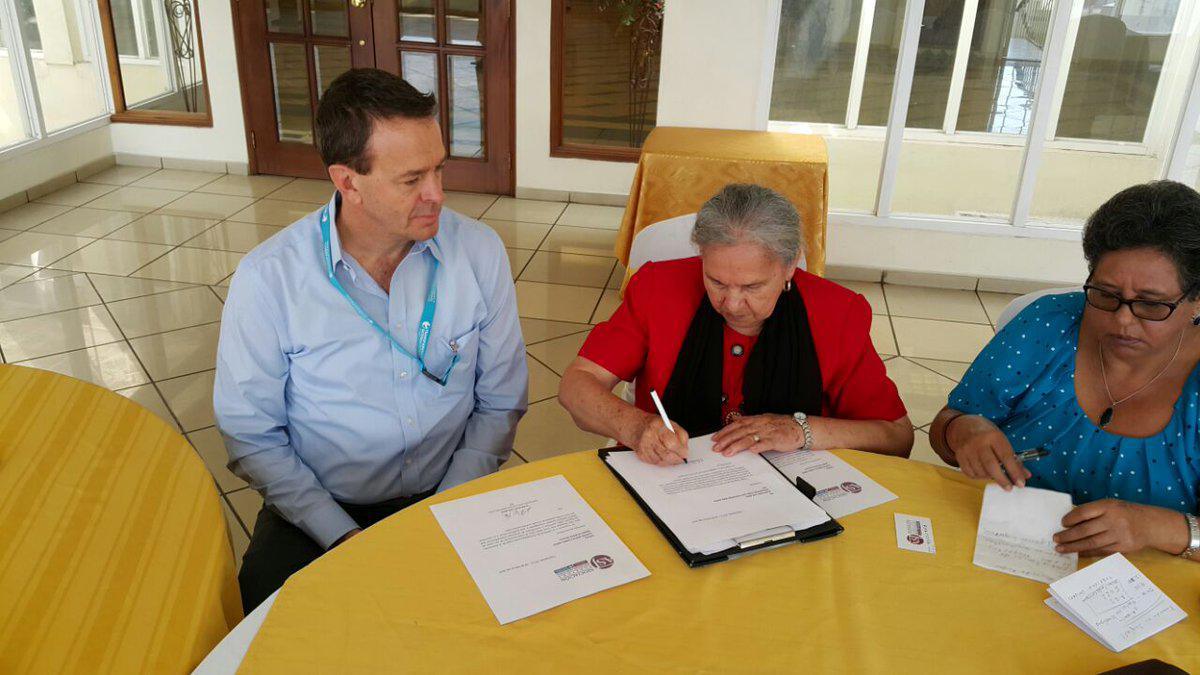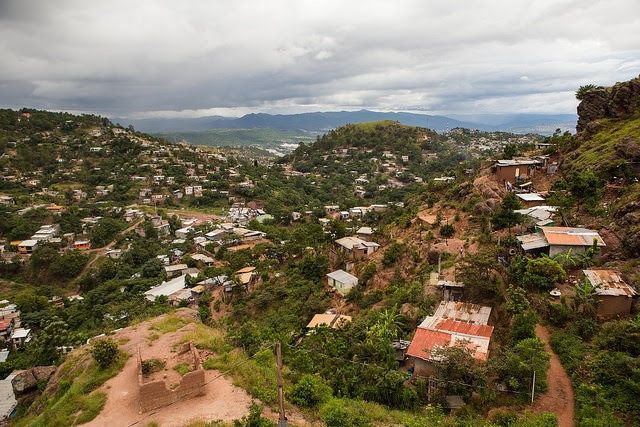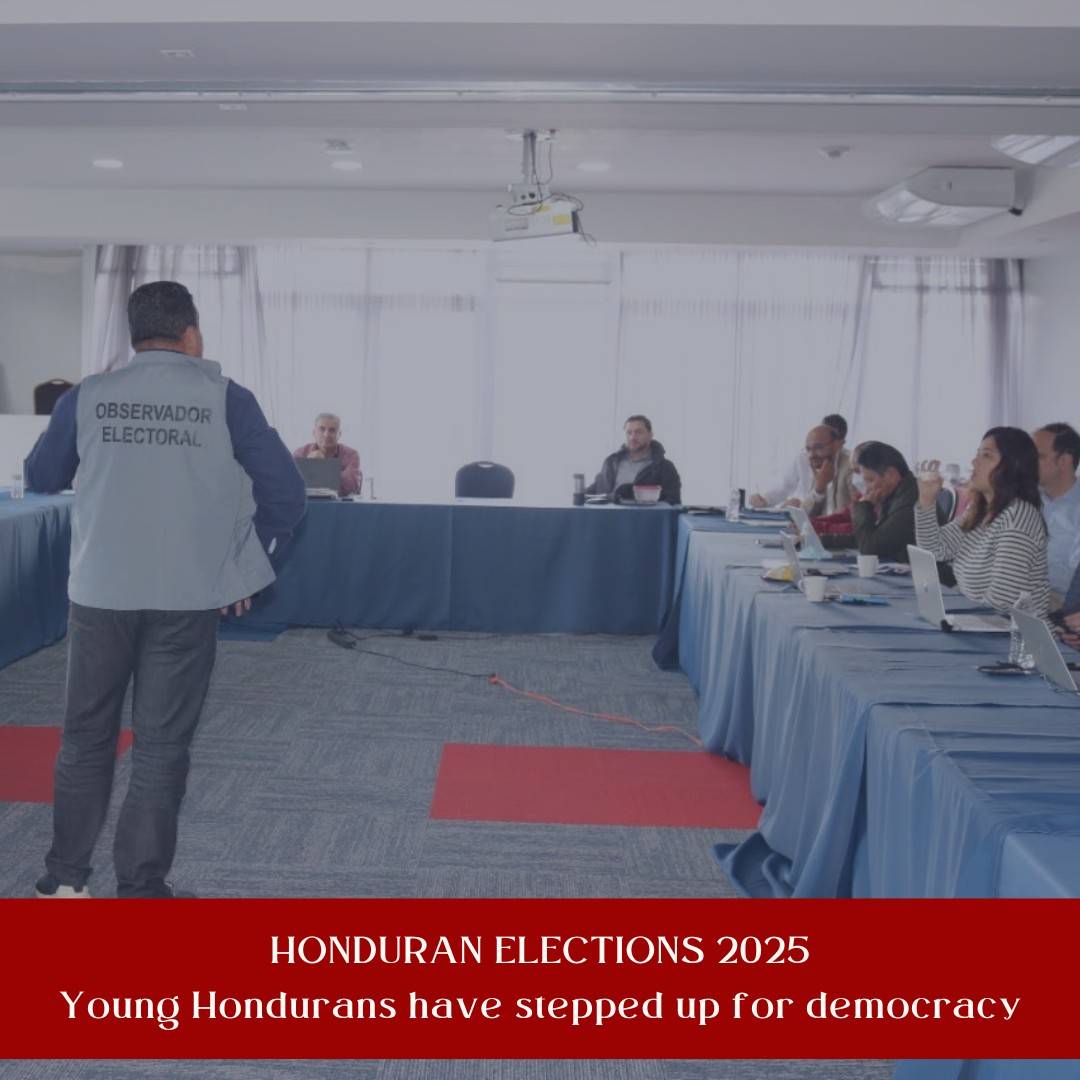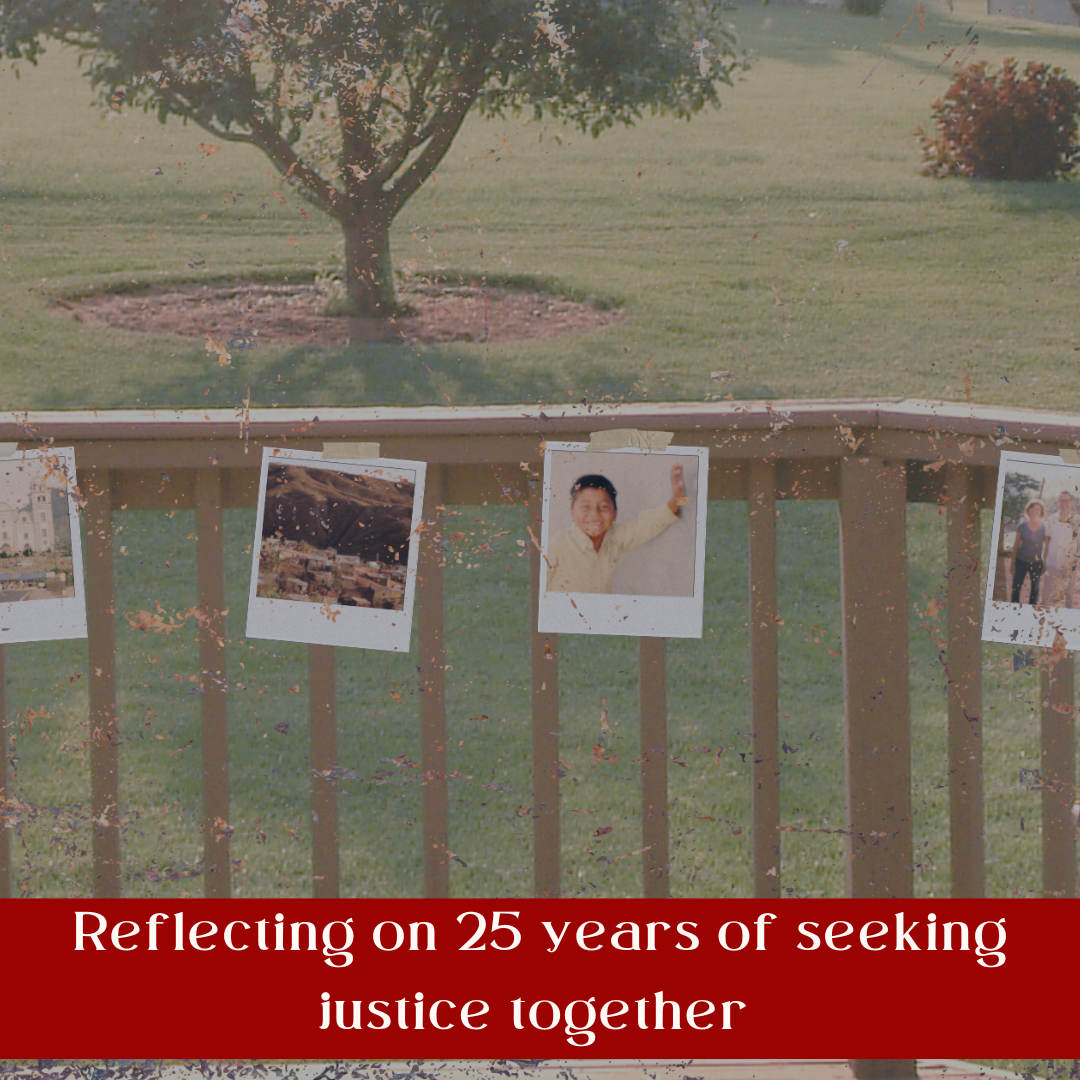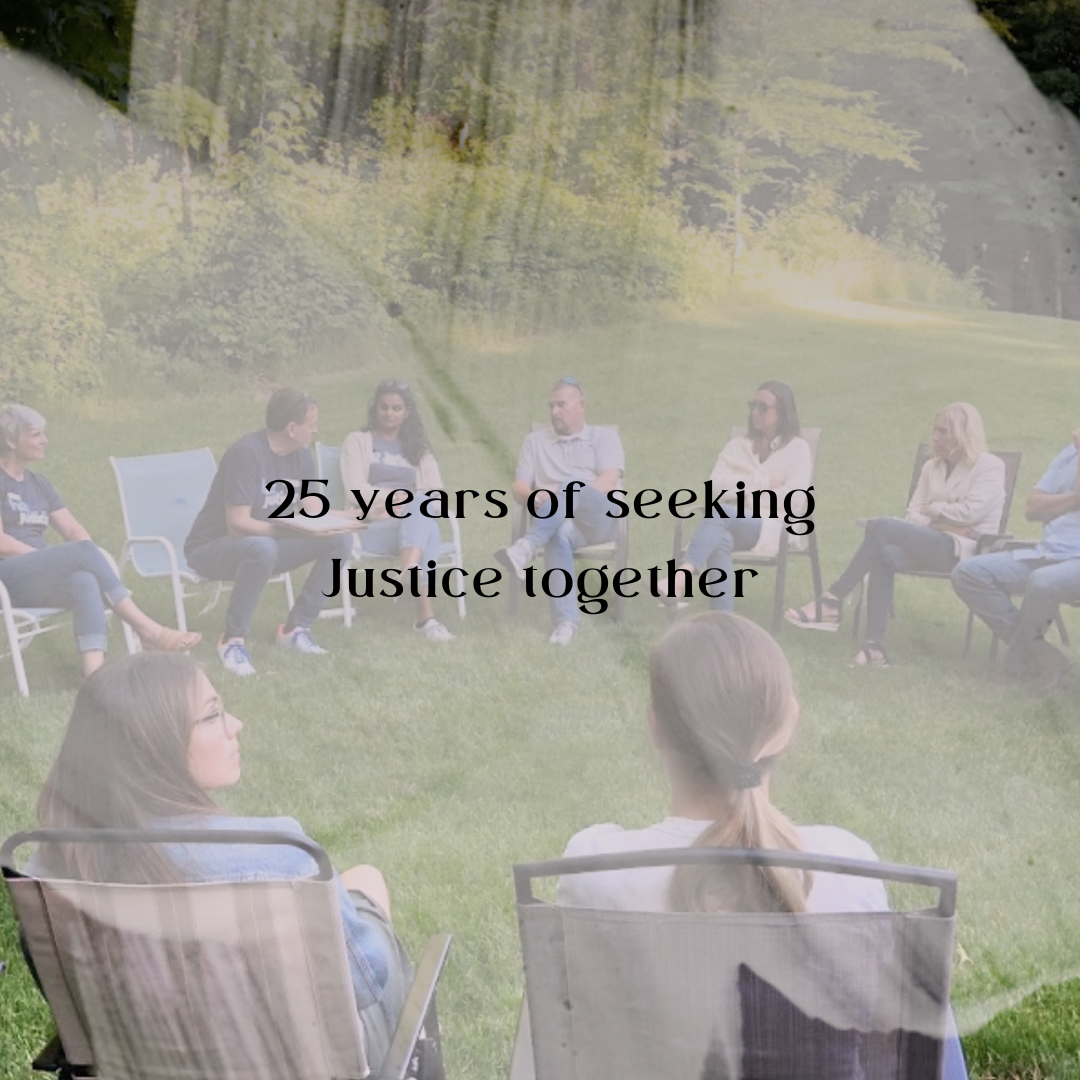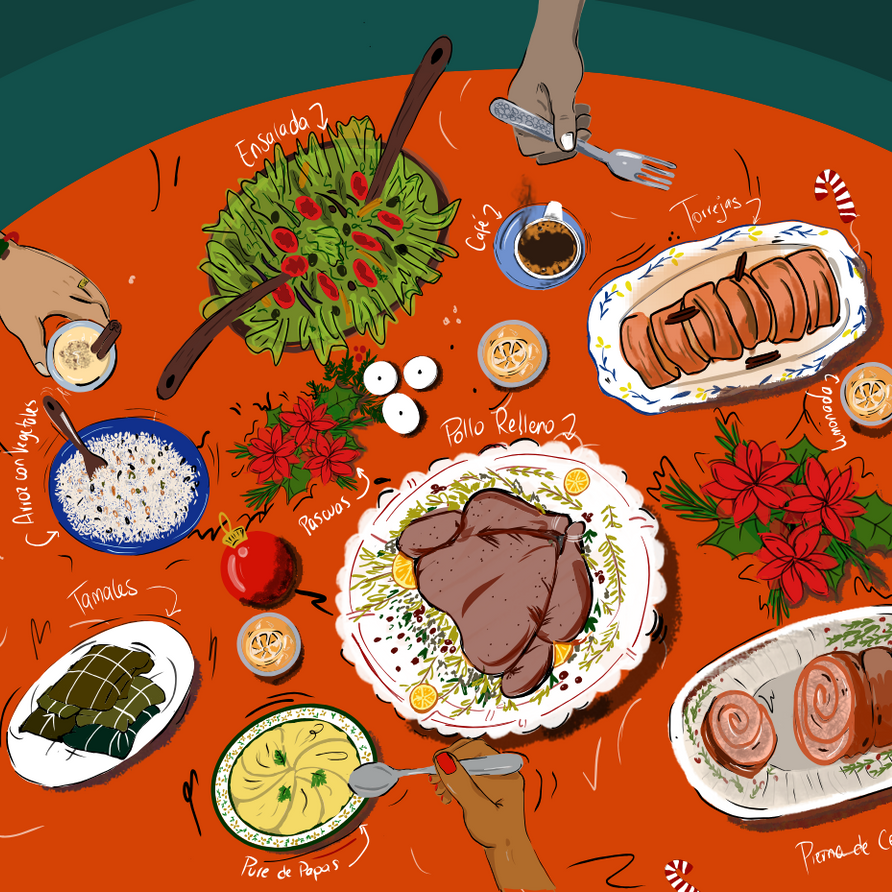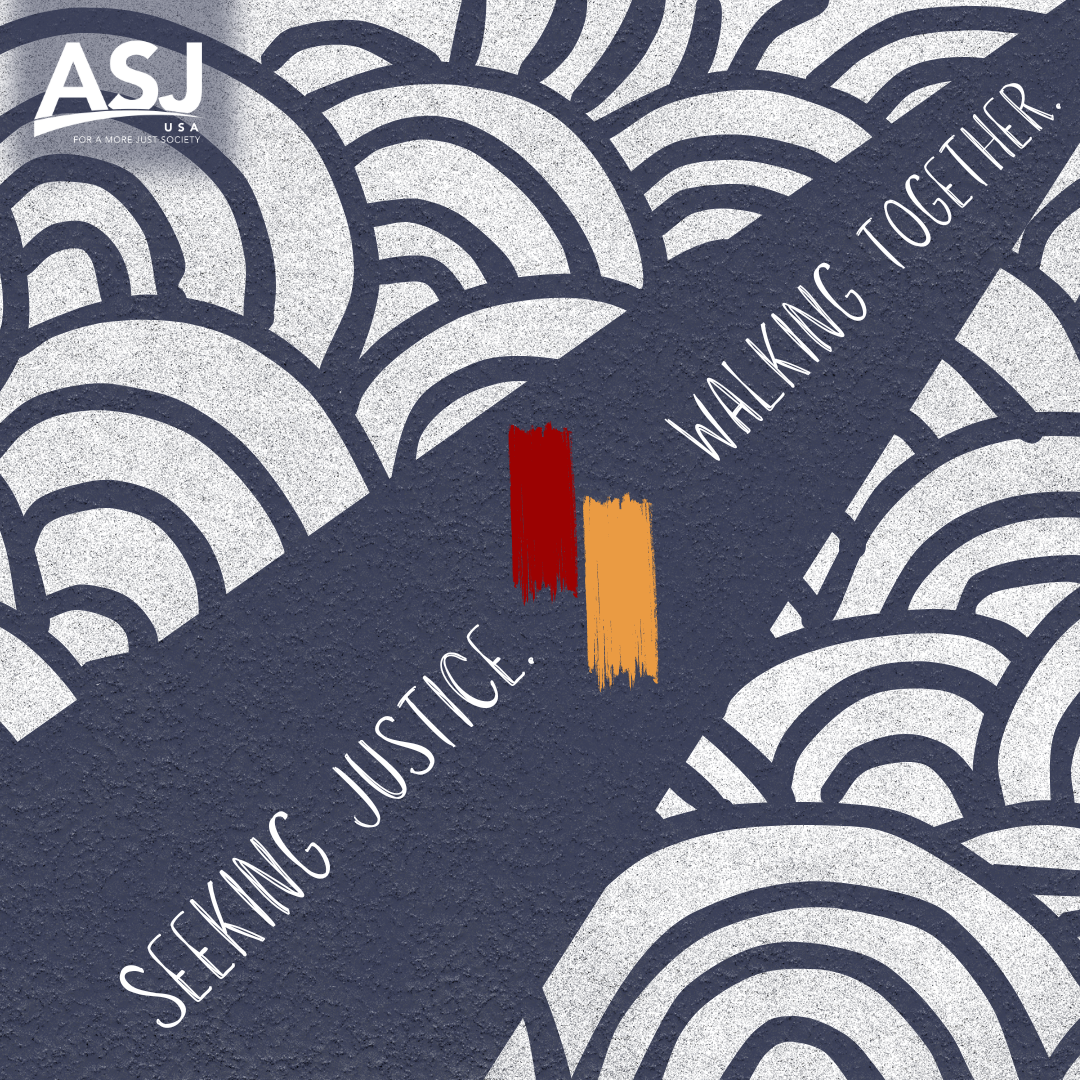There is a belief in Lenca culture, a Honduran indigenous community, that girls are the guardians of rivers. For the Lenca people, activist Berta Cáceres embodied that belief.
Berta’s life was dedicated to defending the vulnerable of Honduras against exploitation.
She fought for the recognition and protection of indigenous rights in Honduras and around the world, including the right to land, natural resources, development, education and representation, particularly for indigenous women. In 2015, she gained international recognition when she won the Goldman Prize for her environmental activism.
The renowned figure came by her passion and courage naturally. Her mother, Austra Berta, was the first female mayor in Honduras and later became a congress representative. A midwife by trade, Austra Berta assisted in over 5,000 births in the rural communities around their home town. Although she was raising 12 children on her own, she did not demand pay from the poor families.
From a young age, Berta went with her mother to care for communities. Struck by the poverty and poor treatment of the Lenca people, she joined a group of activists to advocate for indigenous rights when she was still in high school. Shortly after, Berta married a fellow activist and the two united different indigenous organization to form the Civic Council of Popular and Indigenous Organizations of Honduras (COPINH).
COPINH quickly made waves in the nation. Soon after it began, a group of indigenous women from COPINH marched 118 miles from Berta’s home town of La Esperanza to Tegucigalpa, the capital city, to show the nation that the Lenca people were there and they had a voice.
In 2009, COPINH became involved with indigenous communities around the country to defend their rivers against the onslaught of hydroelectric dams. In 2014, Berta filed a report against 49 of the projects, claiming the indigenous communities had not been consulted before the projects were built as is legally required.
In the midst of the heated case, ASJ (formerly known as AJS) is working with Berta’s family to ensure that they have the protection they need.
Next month, ASJ’s investigative journalism website Revistazo will be launching a Microsite dedicated to Berta. The site, in Spanish and English, will provide accurate and up-to-date information on Berta’s life, her activism and the legal case surrounding her death.





